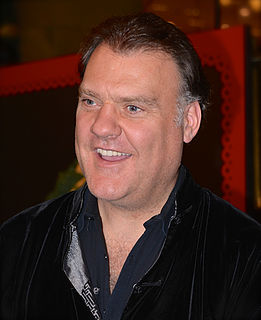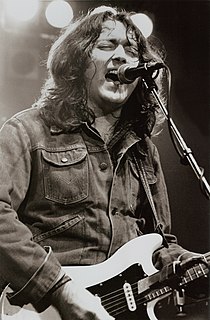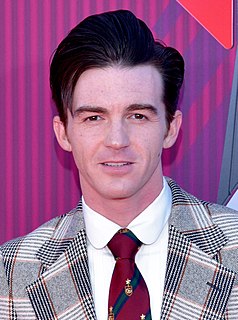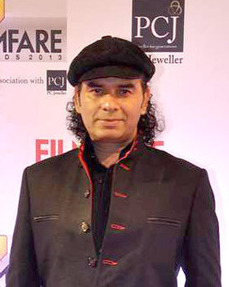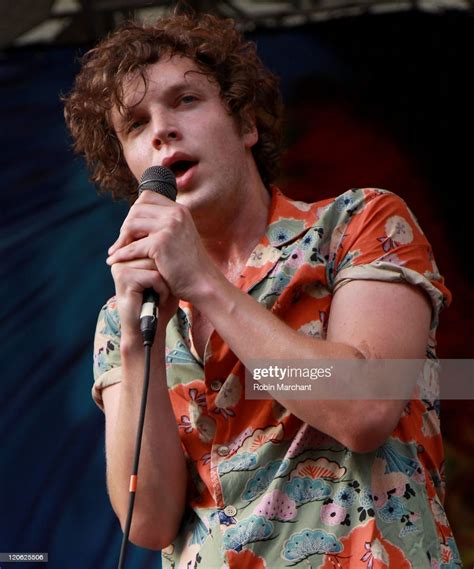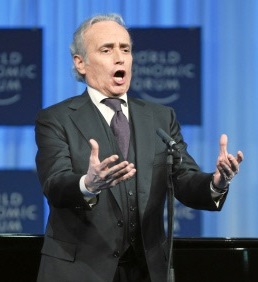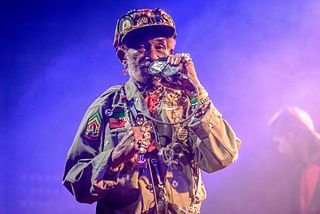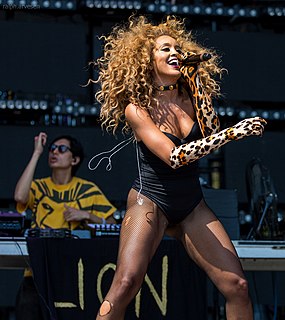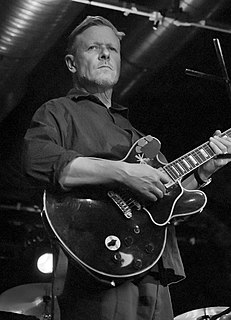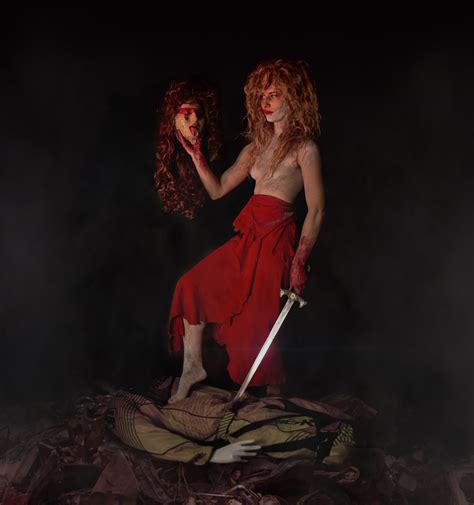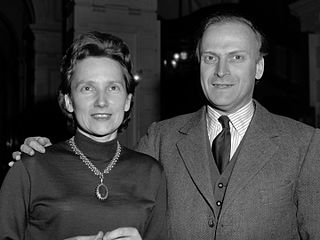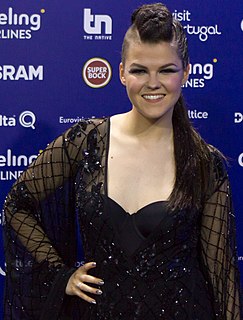A Quote by Bryn Terfel
If you have a recital to do, you have to memorize the songs. I never use music when I do recitals. It produces an instant barrier, both for yourself and the audience.
Related Quotes
Playing live is much more natural for me. The instant reaction and the feedback from the audience is great for me. I really relish it. And if you play blues-based music, it's not really academic music or recital music. It really needs a bit of atmosphere and a bit of interplay and a bit of roughness, and you really get that with an audience.
The live audience, just getting an instant reaction off of an audience is the best part[of the show]. Being in the studio and working on your songs and listening to them back and doing all that - it's a lot of fun, but having that instant reaction and being able to work and vibe with an audience is the best part.
One of the disadvantages of poetry over popular music is that if you write a pop song, it naturally gets into people's heads as they listen in the car. You don't have to memorize a Paul Simon song; it's just in your head, and you can sing along. With a poem, you have to will yourself to memorize it.
Saying you're a pop group isn't saying very much. Personally, when I think of pop, I think of instant, accessible, catchy songs - I definitely identify our music as that. I think that by writing pop, or instant, accessible or hopefully catchy music, it shoes you into bigger audiences because it seems that more people like that music. I think the possibilities are endless if you stick to a simplistic short song; the music can be as wild and bizarre as you want it to be, as long as at the core of it, there's something really strong.
An audience will let you know if a song communicates. If you see them kind of falling asleep during the song, or if they clap at the end of a song, then they're telling you something about the song. But you can have a good song that doesn't communicate. Perhaps that isn't a song that you can sing to people; perhaps that's a song that you sing to yourself. And some songs are maybe for a small audience, and some songs are for a wide audience. But the audience will let you know pretty quickly.
I never like to play for myself, and that is why I don't own a grand piano. To play for yourself is like looking at yourself in a mirror. I like to practice; that is to work at a task. But to play there must be an audience. New things happen when you play for an audience. You don't know what will occur. You make discoveries with the music, and it is always the first time. It is an exchange, a communion.
